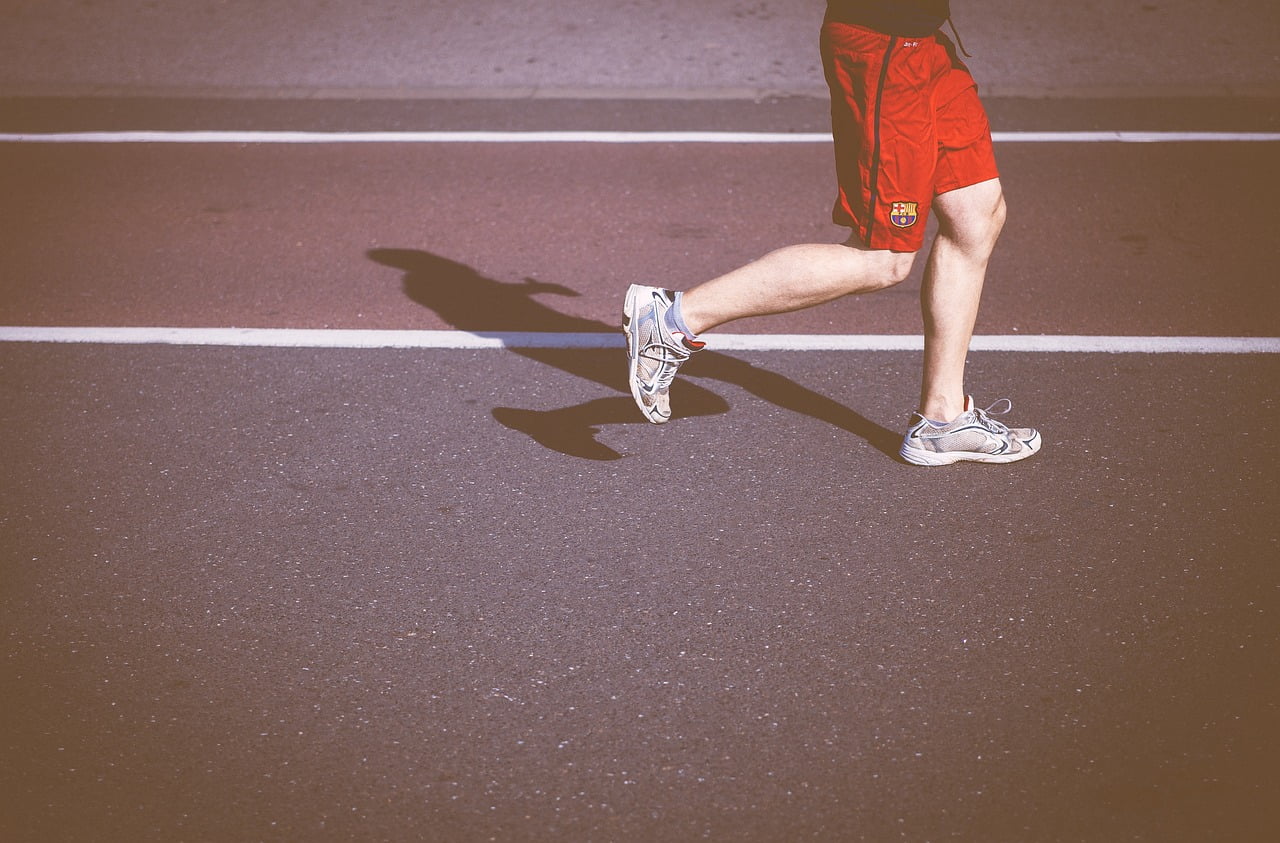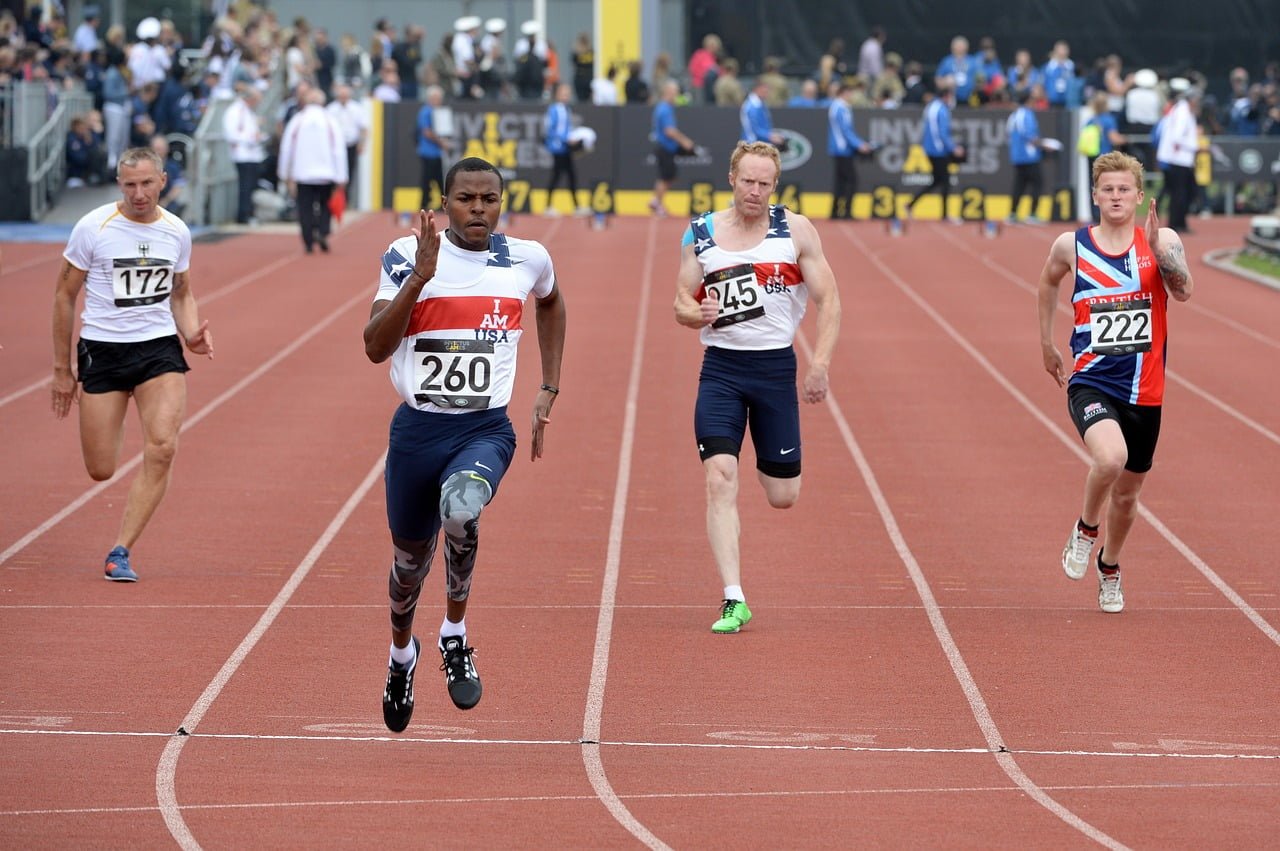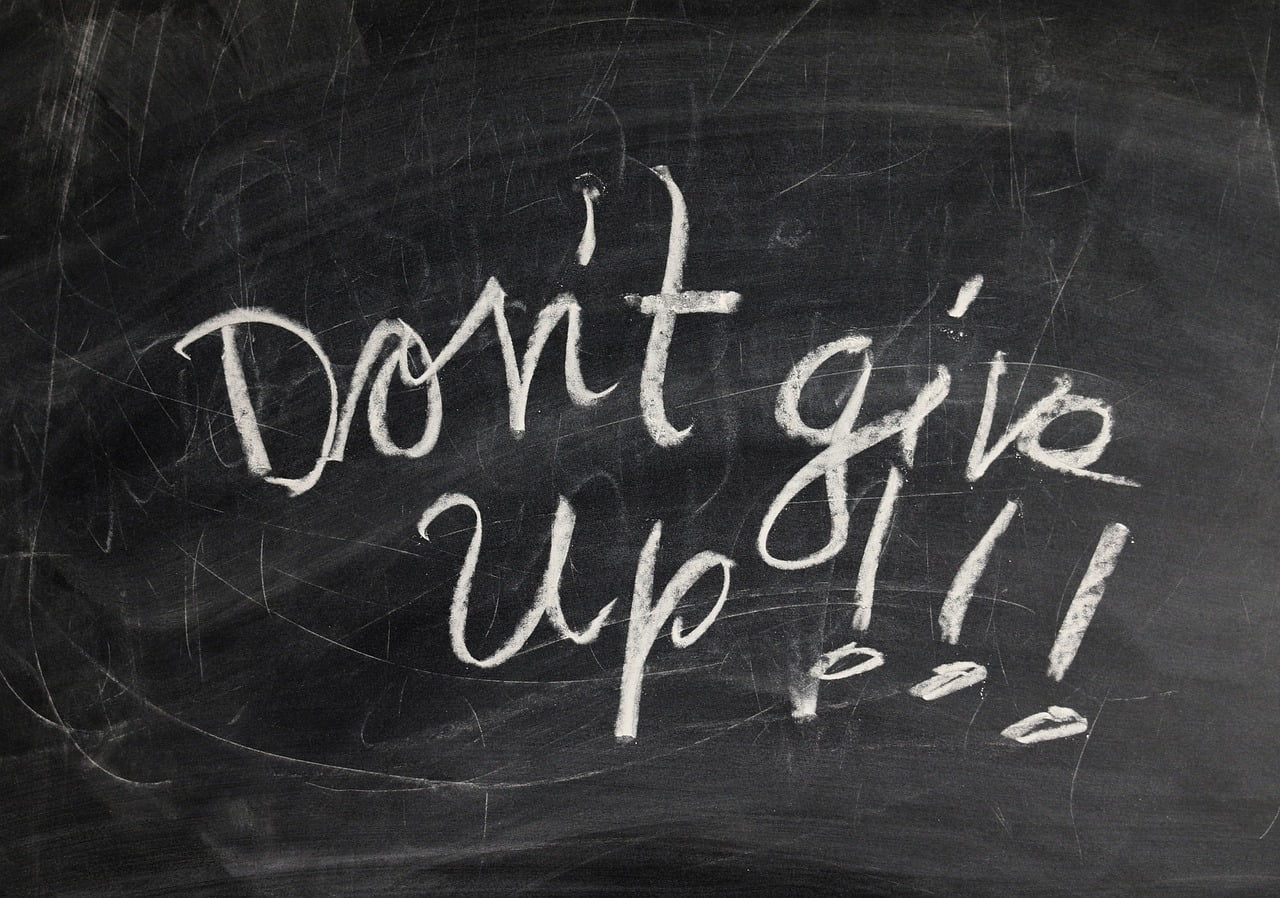Running has quickly become one of the most popular pastimes in modern history. Marathons have evolved from being a niche sporting event for only the fittest of athletes to now seeing a record number of participants.
It is an activity that has become synonymous with improving health, fighting obesity, and offering an activity that can be done by almost let anybody, and can be carried out as a group activity or a solo exercise.
However, the emergence of this culture can make it seem daunting for those looking to start their journey as a runner. Because so many informal customs and so much competition has begun to become a key part of the sport.
So, many beginners look to find resources that will help them get a head start in both understanding the culture and customs of running, and give them useful information that can help boost their performance, both physically and mentally.
When looking for these resources, books offer the best depth and most accessible means of staying informed. So, with this in mind, we decided to put together a review of the best books out there for those looking at starting running.
The 12 Best Running Books For Beginners
Running Books for Beginners #1: 10 Minute Toughness
One of the biggest elements of running is building a tough psyche. Dealing with the psychology of different endurance sports, this book is a great resource to help develop a number of techniques to help you get through even the toughest runs. 10 Minute Toughness is also an extraordinarily easy book to read compared to other books focusing on sports psychology. So, for those concerned with the mental side of running, this book can help arm you with the necessary tools to get through your early routes.
Running Books for Beginners #2: Born To Run by Christopher McDougall
This book has often been credited as being a major contributor towards the rise in popularity of the barefoot, or “minimalist”, running style. In this story, the author, a sufferer of multiple running injuries, travels to investigate the Tamohara running tribe in Africa.
Along with uncovering the benefits of the barefoot running style, the story is also unique and exciting, examining tribal leaders and past champion runners and their lifestyle to give a complete picture of how one sport can affect so many people in such different ways.
Running Books for Beginners #3: Running Like A Girl: Notes On Learning How To Run by Alexandra Heminsley
For those looking for a real life story looking at the journey of another individual getting into running for weight loss and improving health. The autobiographical style of the book also makes a very relatable story much more relatable to readers.
Its casual language also makes it a more reader-friendly experience for beginner runners and can be used for some added inspiration if needed.
Running Books for Beginners #4: Anatomy Of A Runner by Jay Dicharry
While the above books on this list have focused more on personal stories, or psychological preparation for runners, this one looks at the physical preparation needed to improve your running. It examines the use of training to help boost your stamina and strength to enhance your running time.
The simple analogies and language used in this book makes it a good choice for first time runners looking at implementing some training to improve their fitness for running.
Running Books for Beginners #5: Training Essentials For Ultrarunning by Jason Koop
For the more hardcore fitness enthusiasts looking to get into running, or a beginner seeking a tough challenge, this book offers a good choice. Written by famous coach Jason Koop, it is filled with a comprehensive guide for training techniques and common mistakes to focus on.
While some of the more theoretical parts of the book may make it a little less reader-friendly, it is a good progression from the above book, or a solid choice for more enthusiastic beginners.
Running Books for Beginners #6: Run Like A Mother: How To Get Moving – And Not Lose Your Job, Family Or Sanity by Dimity McDowell and Sarah Bowen Shea
Much like Running Like a Girl book, this choice offers an honest and relatable account of a runner looking to balance running and day-to-day life. However, where this book differentiates itself is in its attention to mothers.
Arguably one of the busiest groups of individuals, this book offers a number of tips and routines that can help balance a busy work and home life with a structured running schedule. This makes the book an essential resource for mothers looking at starting running.
Running Books for Beginners #7: Running And Being: The Total Experience by George Sheehan
This book offers a light and casual, yet useful read for those starting out at running. Doctor George Sheehan explains his journey back into fitness, specifically laying out how he made his running regimen and enjoyable and fun part of his daily routine and how it improved his health.
The strong emphasis on enjoyment in the book is what makes this one stand out among its counterparts and makes it an encouraging choice for beginners.
Running Books for Beginners #8: Half Marathon Training by Hal Higdon
This book takes a departure from the more casual personal journey stories and the more technical aspects of training methods to focus on specific running routes and programs for those looking to start their journey into running.
This book does exactly what its title claims by laying out a list of running programs, which are each separated by skill and experience level. This makes it a book that can keep being used even after the initial beginner phase of running is done and can be useful to even advanced runners.
Running Books for Beginners #9: Run Faster: How To Be Your Own Best Coaches by Brad Hudson and Matt Fitzgerald
Former olympic trials runner Brad Hudson lays out a comprehensive book that covers training for simple 5K runs up to full marathons for the more ambitious beginners.
Run Faster offers a simplified version of the Training Essentials for an Ultramarathon book, providing common mistakes and training methods for a range of running events. This makes it an ideal intermediary book for runners.
Running Books for Beginners #10: Runners Diet by Madelyn Fernstrom
As any seasoned runner can tell you, your diet plays an essential role in helping you recover from tough training, improve endurance and help maintain muscle. The Runner’s Diet is written with beginners, right up to advanced athletes in mind.
It helps provide a thorough understanding of how each nutrient in your diet can affect how well you perform and recover as well as providing recommendations and sample meals for runners to help optimize their performance on the track or pavement.
Running Books for Beginners #11: Big Book Of Endurance Training by Phil Maffetone
This comprehensive nook deserves a place on any endurance athletes shelf, whether a cyclist, walker or runner. The book lays out a guide and recommendations for every major element of endurance training, from training and nutrition, to injury prevention and management.
Much like the Training Essentials book, this may be a little too complex for those looking to take part in some casual running. But, for those who are looking to gain a full understanding of running and maybe supplement it with other long distance activities, this is a good choice for any individual.
Running Books for Beginners #12: Coaching Cross Country Successfully by Pat Tyson
While all the other books on this list focus on the runner as an individual, or provide training or nutrition plans that are aimed for people who will train on their own, Coaching Cross Country Successfully focuses on working within teams and communicating with others.
While this may seem like a book better served for coaches, it is a surprisingly useful resource for those looking to start out running as it can offer a great overview of the group dynamics involved in running. It can also offer some tips on how to set up your own running events, communicate with officials, and understand the culture of running.
Combined with a few of the above books, this makes for a great insight into the group dynamics of recreational running.
Conclusion and Final Points
Running has become a staple in both recreational sport and health and fitness. But, for those who are looking to start off in running, it can be difficult to find the right place to get information on how to make the most out of your journey into the sport.
Books can offer a great resource for these individuals. However, much like the sport itself, it can be hard to know where to start.
The above books offer a good overview into every aspect of running. This includes the culture in both solo and group running, the psychology of running and performance, and training methods to improve fitness and running performance.
These can help give you a head start into the world of running, whether your ultimate goal is to conquer a marathon or to simply improve overall health and expand your social circle. But, it should also be mentioned that starting out on the more casual options can be preferable to most people before moving on to more technical options. So these should naturally be considered first.

















